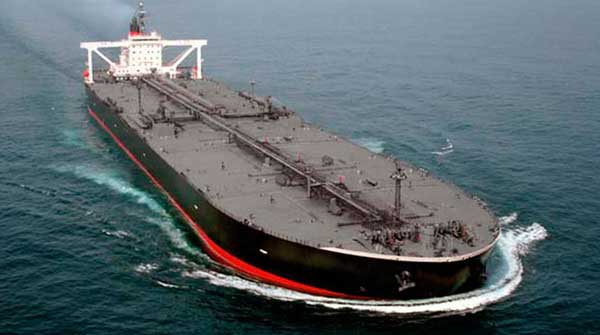Canada stands ready to fuel the world’s democracies with LNG
By Lisa Baiton
Canada is the fifth largest producer of natural gas in the world. The only countries that produce more than us are the United States, Russia, Iran and China.
We are one of the few democratic nations with large enough natural gas reserves to export our energy while easily meeting our own needs. Today, nearly 100 percent of our exported natural gas goes to the United States.
 |
| Related Stories |
| Canada’s oil and gas exports soared in 2022
|
| Mexico leapfrogging Canada on LNG
|
| Canada has the potential to be a natural-gas powerhouse
|
Liquefied natural gas (LNG) is one of the most sought-after commodities around the planet for two reasons. First, natural gas is a much lower emission alternative for coal and can compete with coal on price and availability. Second, after decades of relying on Russia for natural gas, countries are searching for safer, more secure supplies from trusted producers.
Canada’s emerging LNG export industry offers an incredible opportunity for economic prosperity. The development of LNG creates jobs, attracts investment, and generates substantial revenues. The construction and operation of LNG facilities drive employment across a wide range of sectors, including engineering, manufacturing, environmental management, transportation, and technology.
As an example, a recent study entitled Our Communities Care completed by iTotem Analytics for the Canadian Association of Petroleum Producers (CAPP) showed that between 2018 to 2021, British Columbia’s upstream natural gas industry spent over $4.7 billion in 140 municipalities and Indigenous Nations through the procurement of goods and services from more than 2,400 businesses.
Canada’s reputation for political stability and as a secure trading partner makes us a top choice for countries looking to reduce their reliance on less secure regimes. Russia’s invasion of Ukraine has sent democratic nations around the world in search of alternate sources of natural gas to keep their economies running and to provide energy to their citizens. Contracts for LNG are often 15-to-20-year commitments, offering long-term economic stability for Canada while our international partners gain security in their critical energy supply.
Canada’s stringent regulations and industry practices ensure that natural gas production and LNG projects operate with high environmental standards. We prioritize rigorous methane management, energy efficiency, and emissions reduction throughout the LNG value chain, from extraction to liquefaction and transportation.
On the supply side, from 2012 to 2021, natural gas producers in Canada grew production by 35 percent while driving down direct greenhouse gas emissions from production (also known as scope 1 emissions) by 22 percent and methane emissions by 38 percent, according to the Government of Canada’s National Inventory of Greenhouse Gas Emissions and Statistics Canada.
Critics have doubted the case for LNG in Canada, but there is a vast and growing global market for natural gas and we only need to grab a small part of that to unlock substantial benefits. Germany has fast-tracked its LNG import capacity, going from almost no ability to import LNG just over one year ago to 14.5 billion cubic metres (Bcm) annually today – and the country expects to more than double that to 37 Bcm per year by 2028. Japan imports more than 100 Bcm of natural gas per year, and Korea around 60 Bcm annually. All three are natural trading partners for Canada, with the latter two already investors in Canada’s burgeoning LNG industry.
This is an economic opportunity for Canada. Trading high-value LNG to other countries means their dollars flow back into our economy, raising our GDP and contributing to our national economy. It will create new jobs and opportunities to open businesses.
It’s also important to note that two proposed LNG facilities are being driven in part by Indigenous ownership, with the industry offering opportunities for Indigenous communities to prosper for generations to come through employment and participation.
And this economic opportunity brings with it the benefit of lowering global emissions by replacing coal with reliable, affordable, and secure energy sourced from Canada.
Lisa Baiton is the President & CEO of the Canadian Association of Petroleum Producers.
For interview requests, click here.
The opinions expressed by our columnists and contributors are theirs alone and do not inherently or expressly reflect the views of our publication.
© Troy Media
Troy Media is an editorial content provider to media outlets and its own hosted community news outlets across Canada.

